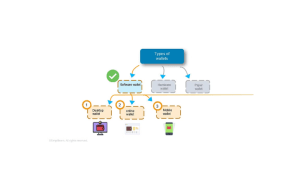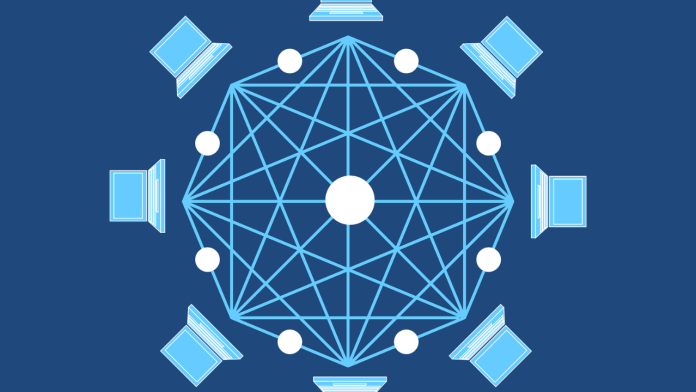Blockchain technology is quickly becoming one of the most disruptive forces in tech and finance. It has been credited with revolutionizing everything from cryptocurrency to smart contracts. But what exactly is a blockchain account, and how does it work? This blog post will talk about what blockchain accounts are, how they can be used, and how they work with other blockchain technologies. We’ll also discuss why understanding them is so important for anyone wanting to stay ahead of the curve in this rapidly changing industry. So read on to learn more about blockchain accounts and their potential impact on our lives.
What is a blockchain account?
1dwycrh5dihrm96ma5degs2hcsds16guxq. A blockchain account is a digital record of every transaction made with cryptocurrency. It keeps getting bigger as blocks that are “done” are added with each different batch of recordings. Each block has transaction data, a timestamp, and a cryptographic hash of the block before it. Bitcoin nodes just use blockchain to tell the difference between real transactions and attempts to spend coins more than once.
1dwycrh5dihrm96ma5degs2hcsds16guxq
A blockchain account is a digital ledger that records all the transactions made on a blockchain network. A blockchain account can be considered an online bank account where you can store your digital currency. Each time you make a transaction, it is recorded on the blockchain, and your balance is updated accordingly. You can view your transaction history anytime by accessing your blockchain account.
How does a blockchain account work?

A blockchain account is a digital record of all the cryptocurrency transactions that have ever been made. It contains the addresses of the sender and recipient and the amount of cryptocurrency sent. A blockchain account is a virtual bank account where all your cryptocurrency is stored.
To send or receive cryptocurrency, you need a blockchain account. When you create a blockchain account, you are given a unique address used to identify your account. This address is what you give to others when you want to receive cryptocurrency from them.
To send cryptocurrency, you need to enter the recipient’s address into your blockchain account and specify the cryptocurrency you want to send. The transaction will then be recorded on the blockchain and cannot be reversed.
Blockchain accounts are free to create, and there is no limit on how many transactions you can make. However, each transaction does incur a small fee to maintain the network.
What are the benefits of a blockchain account?
A blockchain account is a digital record of all the transactions that have taken place on the blockchain. This account can be used to send and receive payments, track your account’s balance, and view your transactions’ history. A blockchain account is a secure way to store your information and keep track of your transactions.
How to create a blockchain account
Assuming you would like a step-by-step guide on how to create a blockchain account:
1. Research which type of blockchain account is right for you. There are many different blockchains, and each has its associated cryptocurrency. For example, Bitcoin uses the Bitcoin blockchain, and Ethereum uses the Ethereum blockchain.
2. Choose a blockchain wallet. A blockchain wallet is where you will store your cryptocurrency. There are many different wallets available, so research to find one that meets your needs.
3. Create a wallet account. This will likely involve providing personal information, such as your name and email address.
4. Fund your wallet account with cryptocurrency. You can purchase cryptocurrency from an exchange or another person.
5. Start using your blockchain account! This could involve sending or receiving cryptocurrency or storing it in your wallet.
Conclusion
In conclusion, blockchain accounts are an innovative way to store and manage digital assets securely. Its decentralized approach provides users with increased security and privacy while providing a platform for easy and efficient transactions. Furthermore, by leveraging blockchain technology, anyone can access the services of a facilitator who can carry out activities such as account creation or fund transfers without worrying about the intermediary’s involvement in their data.



